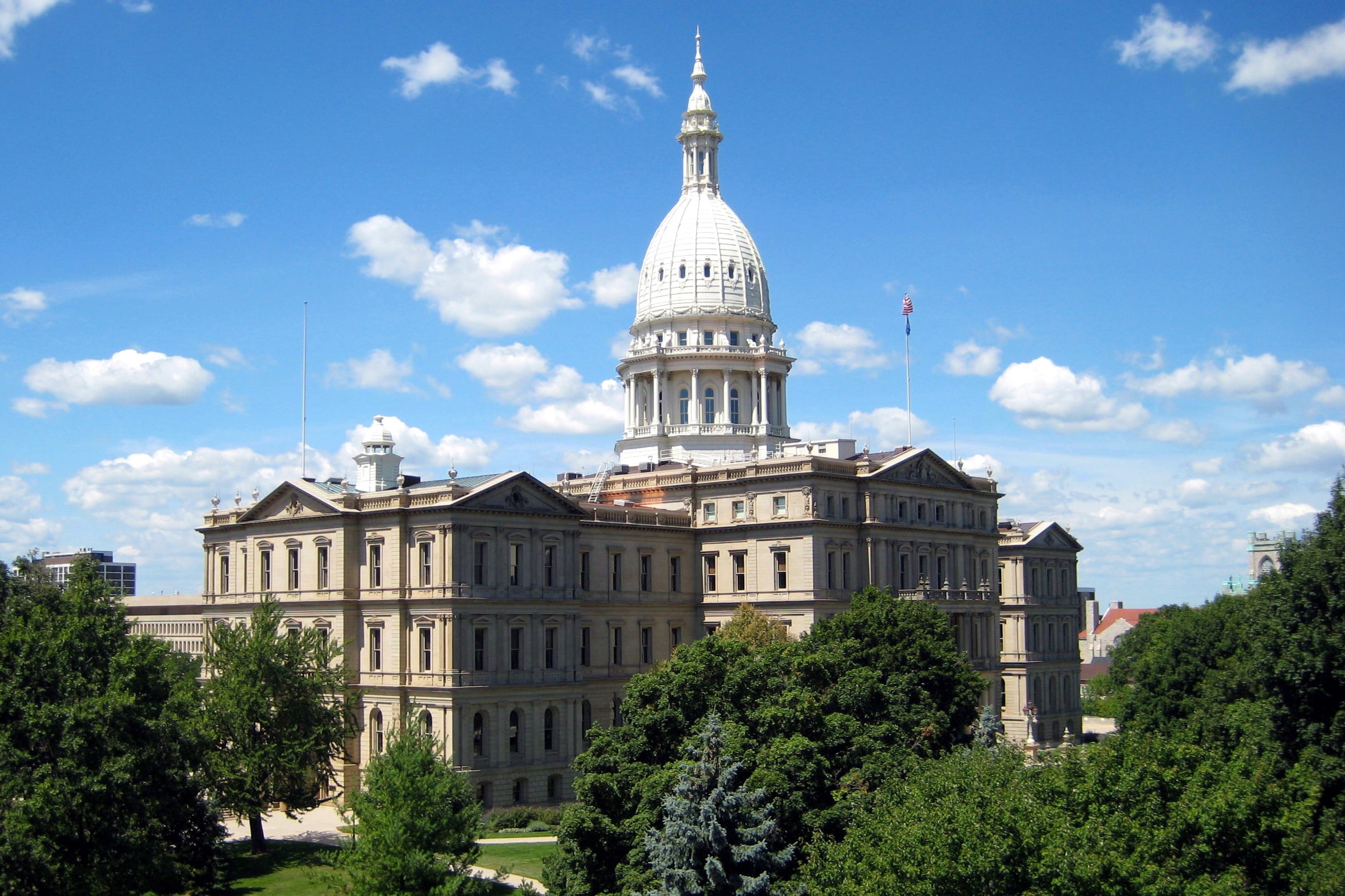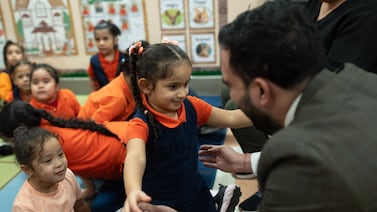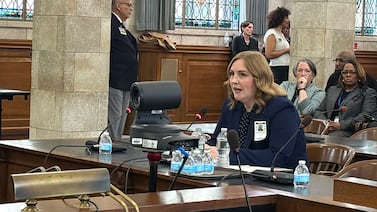Sign up for Chalkbeat Detroit’s free newsletter to keep up with the city’s public school system and Michigan education policy.
More than three months into the 2025 legislative session, Michigan lawmakers have introduced new proposals that aim to make schools safer, allow home-schooling students to take more classes in public schools, and put more restrictions on closing school buildings.
Since taking control of the House, Republicans have introduced a flurry of proposed legislation they say will help improve student achievement, in addition to bipartisan school safety efforts that have potential to pass muster with the Democrat-controlled Senate and governor’s office.
Having accomplished most of their education policy priorities in the last legislative session and with less leverage this year, Democrats have introduced fewer bills so far this legislative session compared to last year.
This year, however, both parties introduced bills that aim to limit student cellphone use. Gov. Gretchen Whitmer called for such reforms in her State of the State address earlier this year.
Here is a round up of some of the education bills currently moving through the legislature:
- Senate Bill 76, introduced by Sen. Michael Webber, a Republican from Rochester Hills, would require public and private schools to install mobile panic alert systems. The systems would notify law enforcement, first responders, and school staff of school emergencies, such as active shooter situations. Another bill would allocate around $6.7 million in state funding to install the new systems by September 2027. The bills were referred to the Senate Appropriations Committee.
- House Bill 4315, introduced by Rep. Mike Harris, a Republican from Waterford, would require the Office for School Safety, the Michigan State Police, the attorney general, and the Michigan Department of Education to develop school safety and security training materials and best practices. All public and private school staff in the state would participate in annual training developed by the agencies. The training would be tailored to staff member’s roles. Another bill would require schools to ensure their staff complete the training by the 2026-27 school year. The bills were referred to the House Education and Workforce Committee.
- Senate Bill 204, introduced by Sen. Stephanie Chang, a Democrat from Detroit, would require local school districts and charter schools to create policies around closing school buildings. The procedures would include creating transition plans for student records to new schools, notifying families and employees of the school with at least one-month notice, and holding at least one public meeting before closing the building. The bill was referred to the Senate Education Committee.
- House Bill 4330, introduced by Rep. Jennifer Wortz, a Republican from Quincy, would allow home-schooling or private school students to enroll in any class at their local public schools. Currently, the law only allows state funding to be used for home-schooling and private school students to attend elective courses and excludes them from taking core subjects (math, English, science, and social studies) at public schools. The bill was referred to the House Education and Workforce Committee.
- House Bill 4345, introduced by Rep. Cameron Cavitt, a Republican from Cheboygan, would provide exceptions to minimum school hour and day requirements for schools in northern Michigan counties that were impacted by the March ice storm. Because the severe weather and its aftermath forced schools to close for many days, their school years would otherwise have to run much longer than usual. The bill was referred to the House Education Committee.
Hannah Dellinger covers K-12 education and state education policy for Chalkbeat Detroit. You can reach her at hdellinger@chalkbeat.org.





